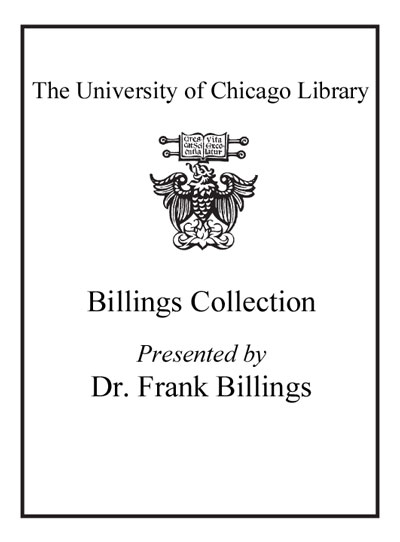| Summary: | Globally, air pollution has been identified as a major risk factor for premature mortality and morbidity; it caused an estimated 6.7 million deaths in 2019. The burden of disease falls particularly heavily on low- and middle-income countries, where the exposure levels tend to be significantly higher. Bangladesh is among the hardest hit. The country was ranked as the most polluted country in the world between 2018 and 2021; its capital, Dhaka, was ranked as the second-most polluted city. In 2019, air pollution was the second-largest risk factor for deaths and disability in the country. Four of the top five causes of total deaths were directly associated with air pollution-stroke, ischemic heart disease, chronic obstructive pulmonary disease, and lower respiratory tract infection. The most vulnerable populations are children, the elderly, and people with underlying health conditions. Higher rates of mortality and morbidity are further compounded by substantial associated economic costs. Global evidence on the relationship between air pollution and adverse health events has been widely available. Data points specific to Bangladesh, however, have been comparably sparse, and the quality of the available evidence has been limited. This publication addresses this paucity by combining primary data from Bangladesh and global evidence to establish the relationship between air pollution and reduced health. The evidence, in particular, identifies the urgent need for new initiatives to strengthen the health sector. These initiatives include bolstering public health response mechanisms along with health care service delivery, expanding the scope and accuracy of air pollution data, and understanding better the issues surrounding air pollution and its effects on health through further research. With climate change projected to further exacerbate air quality, it is increasingly critical for countries like Bangladesh to implement adaptation and mitigation measures. This seminal work will be of value to policy makers, practitioners, and subject matter experts as they address the growing challenges in policy dialogue under the overall framework of the government's Mujib Climate Prosperity Plan Decade 2030.
|
|---|

